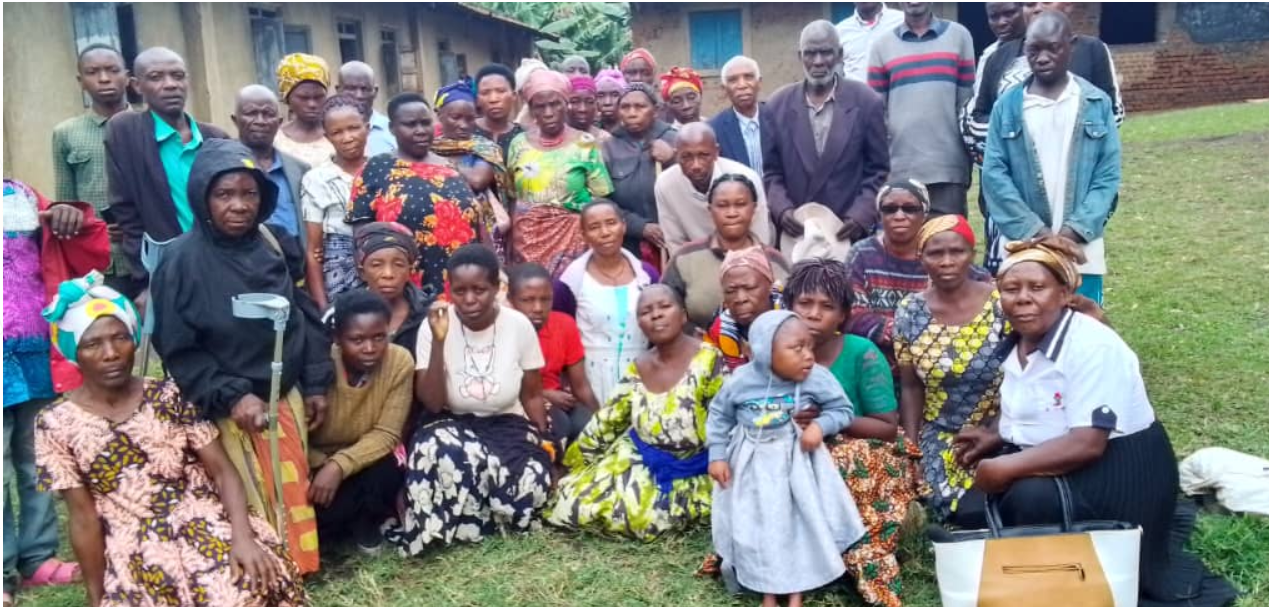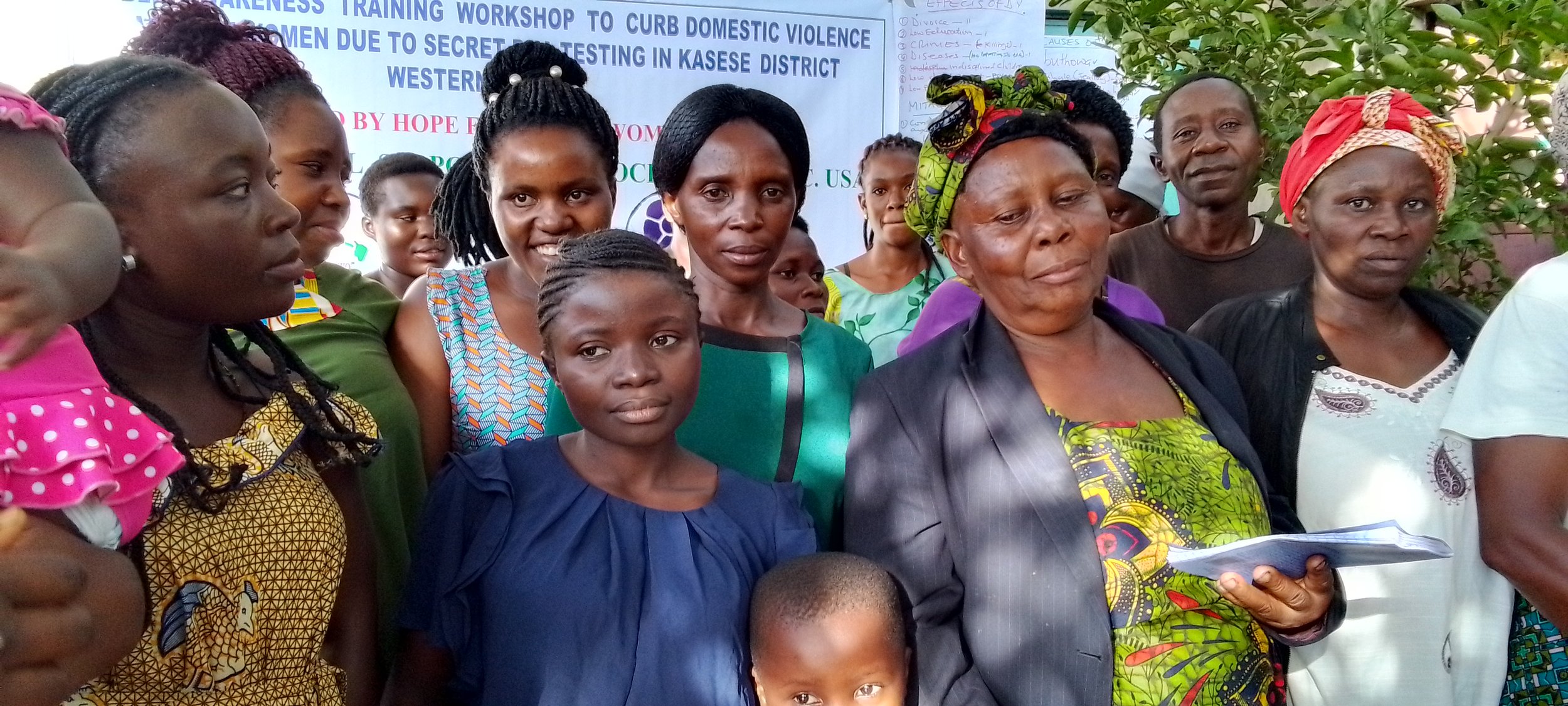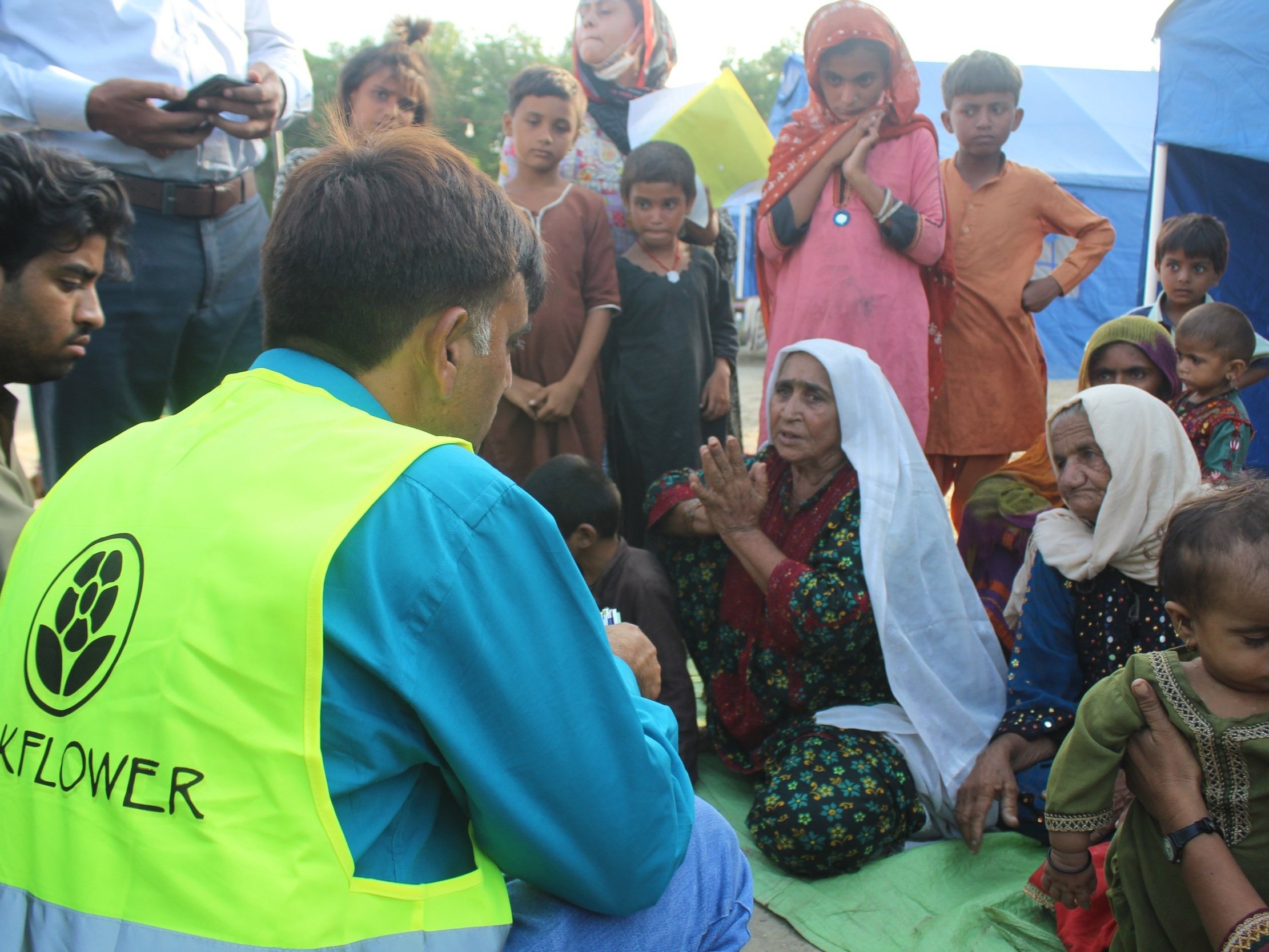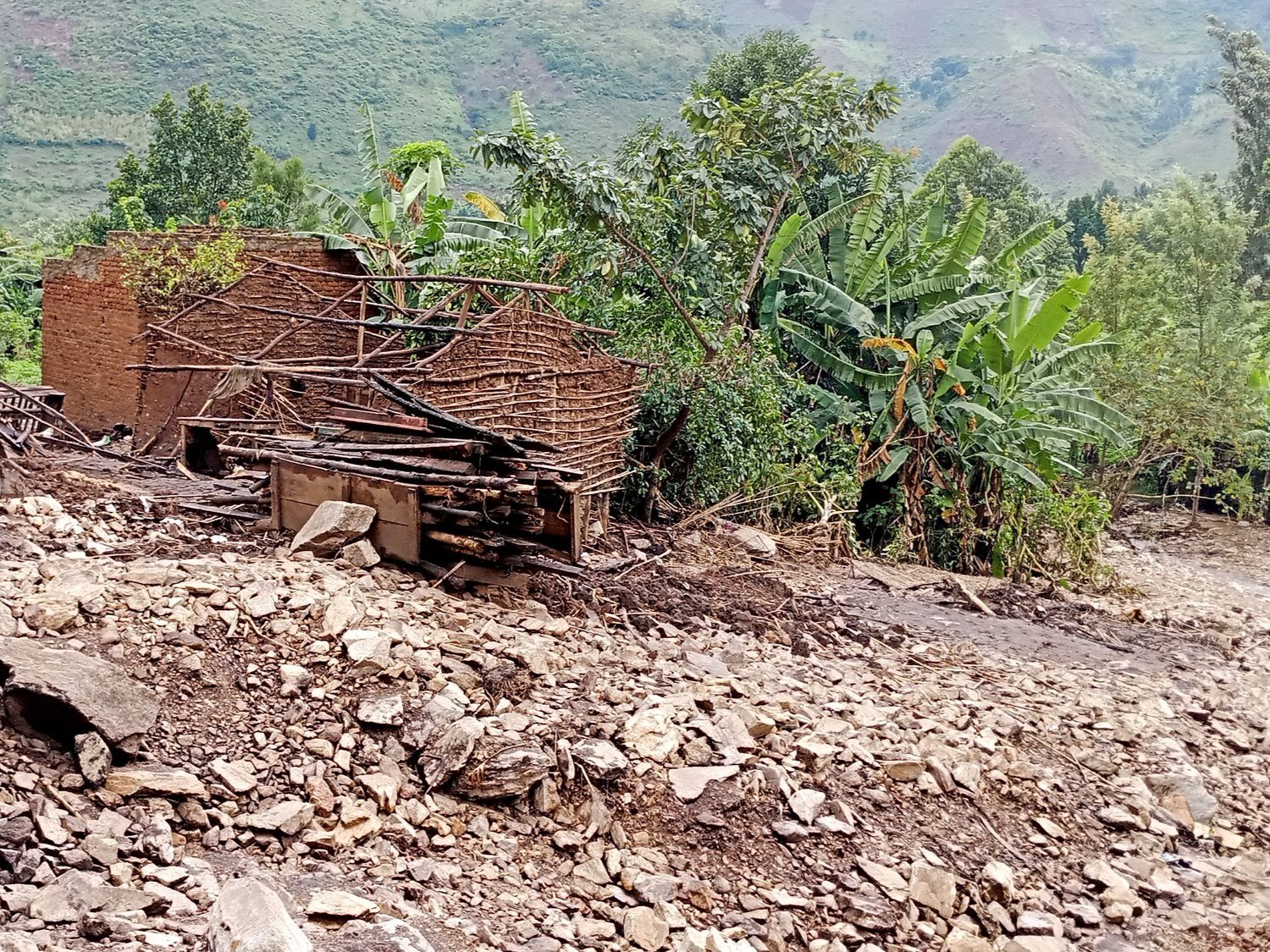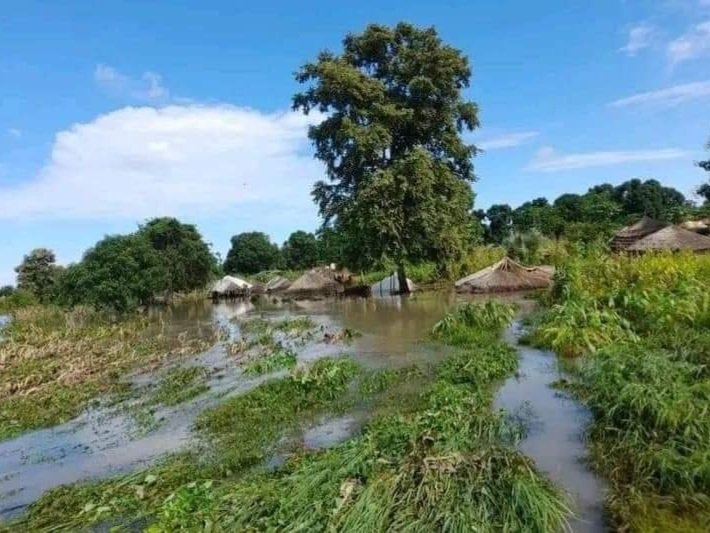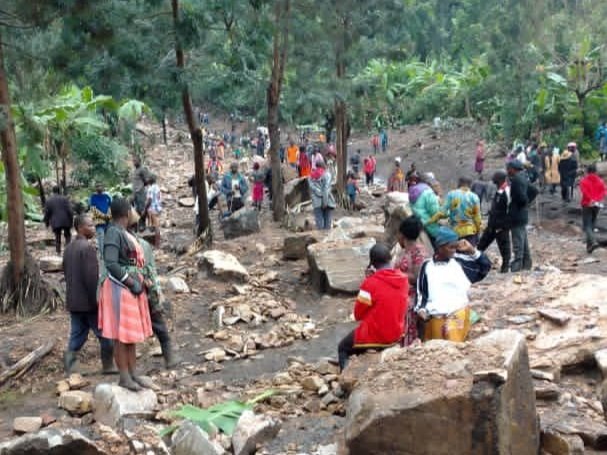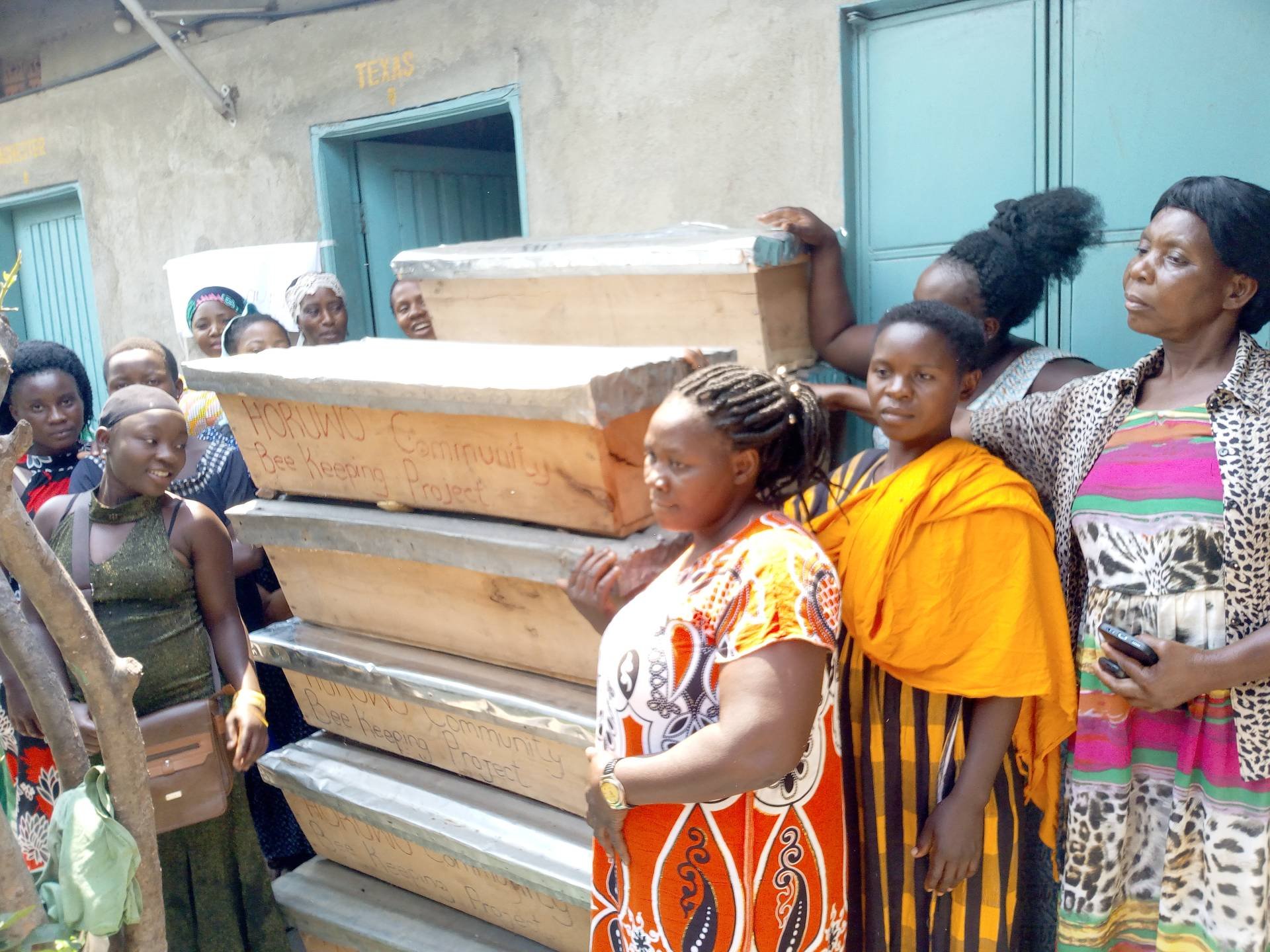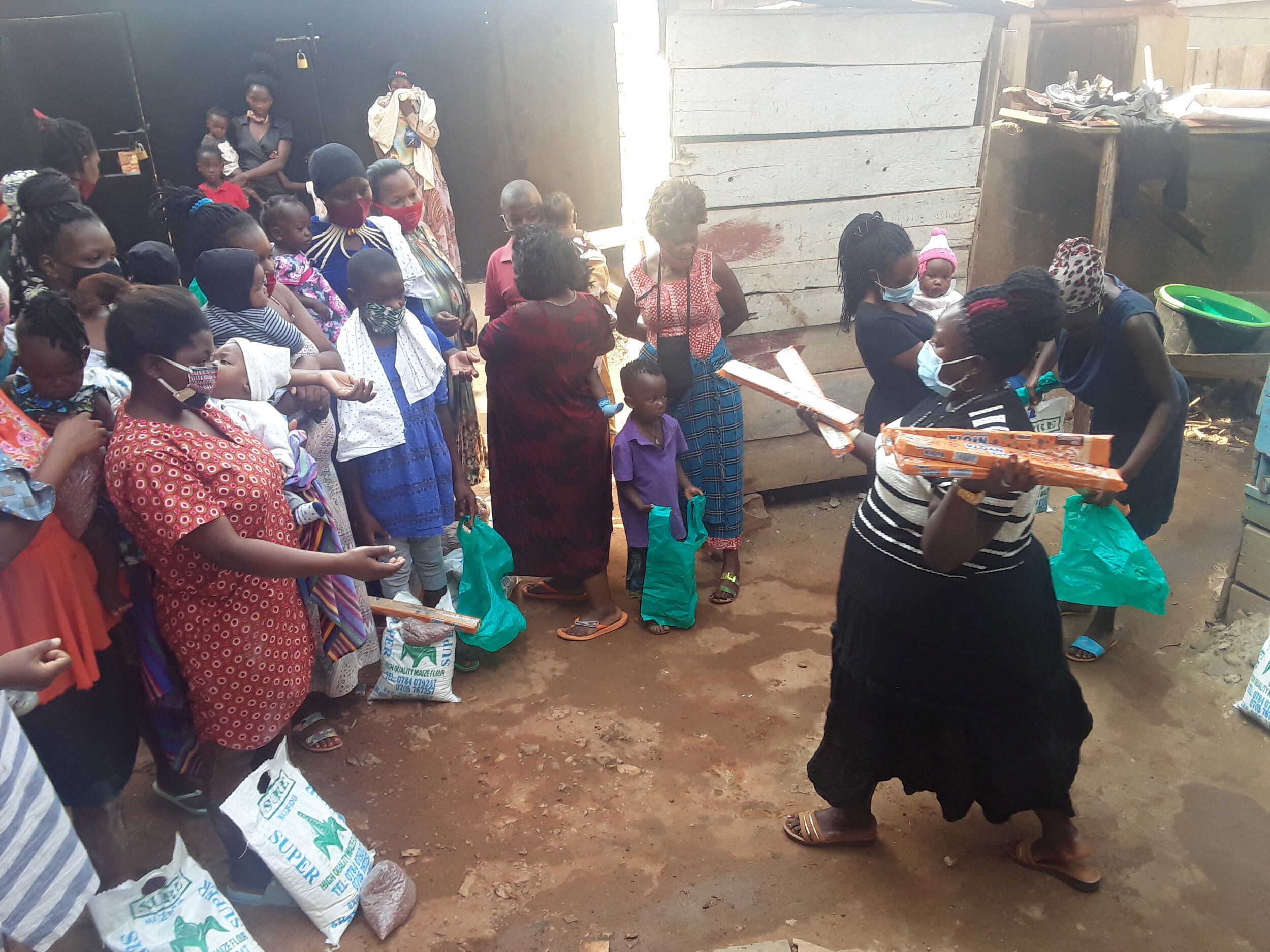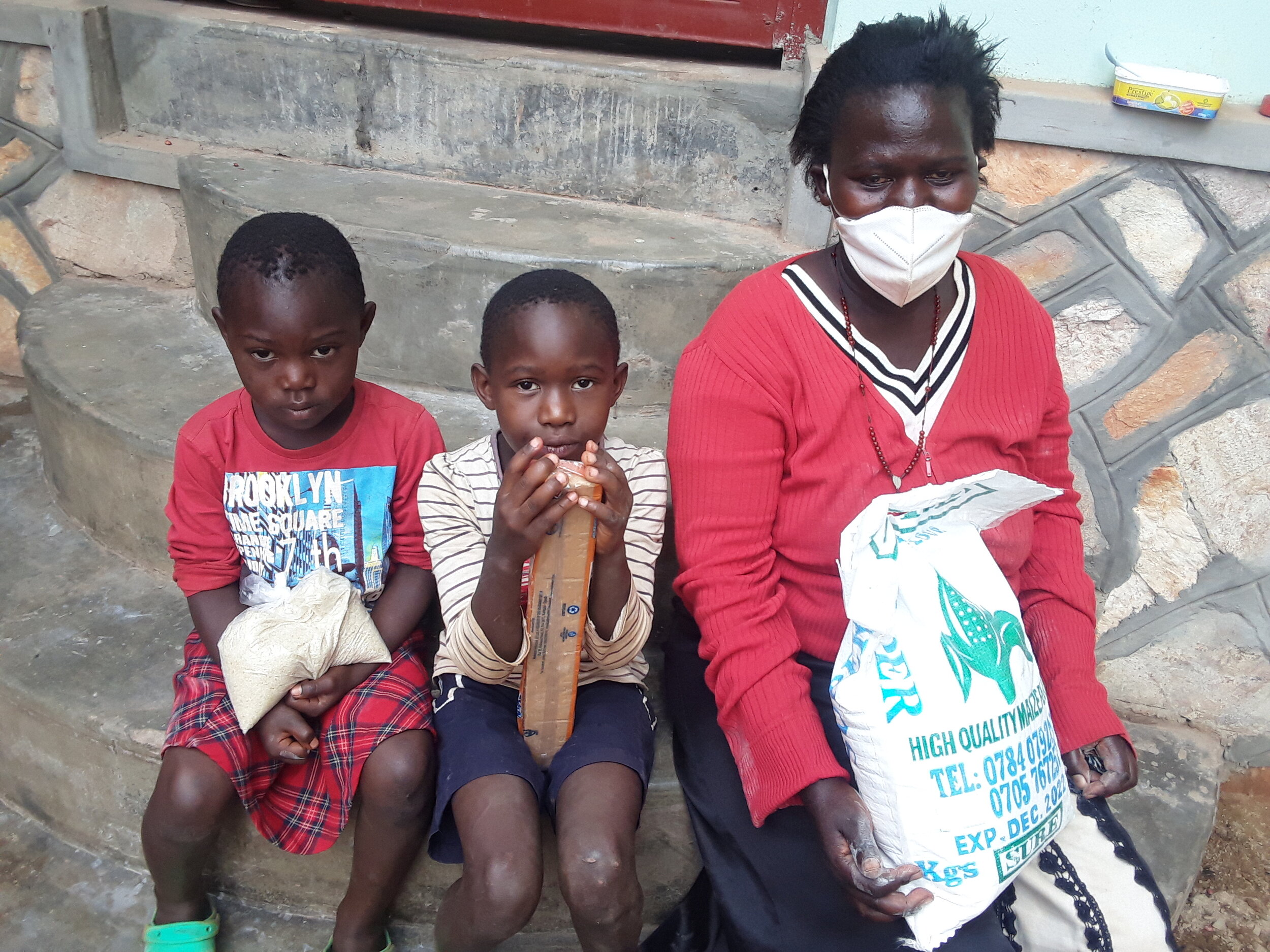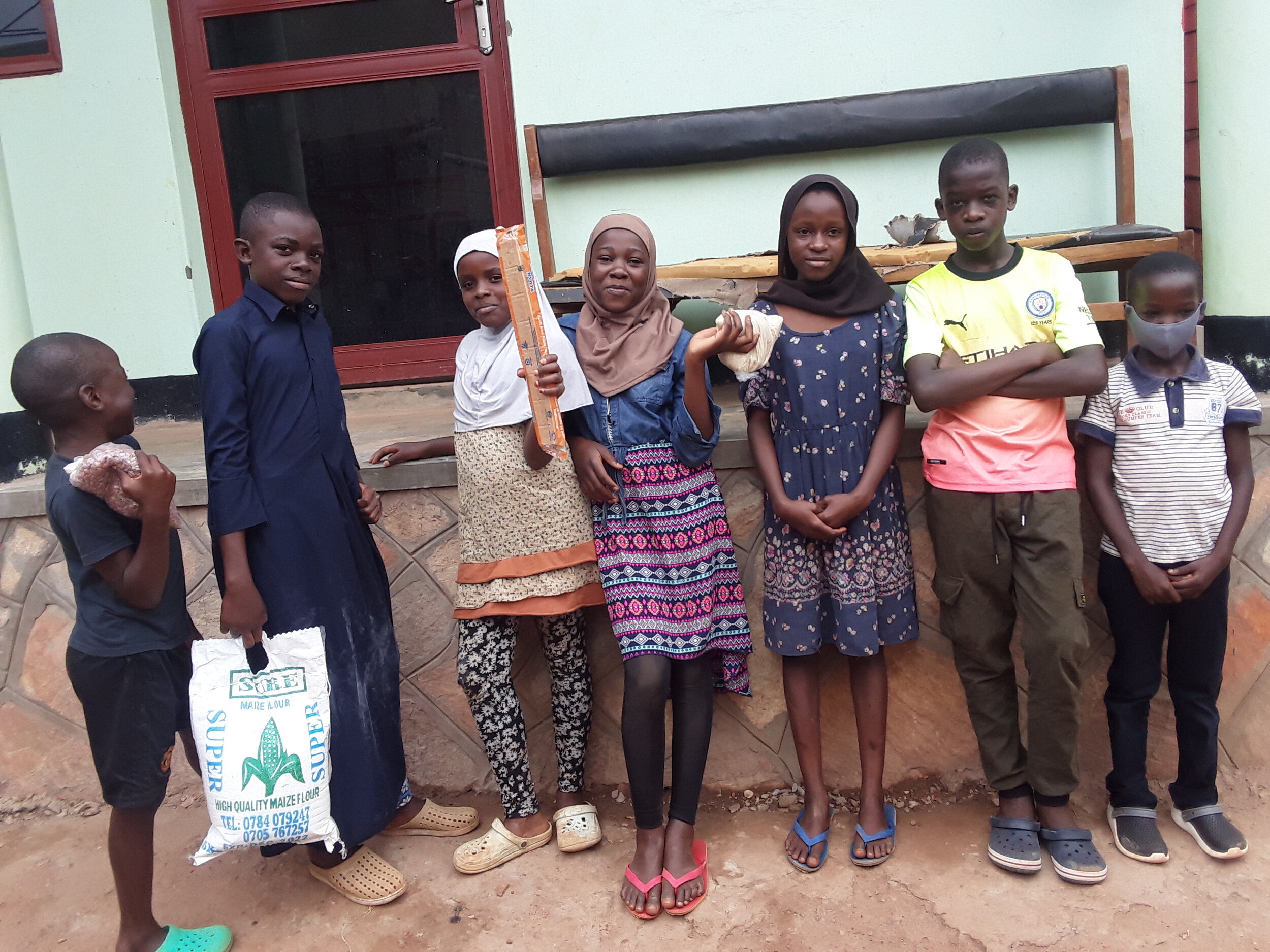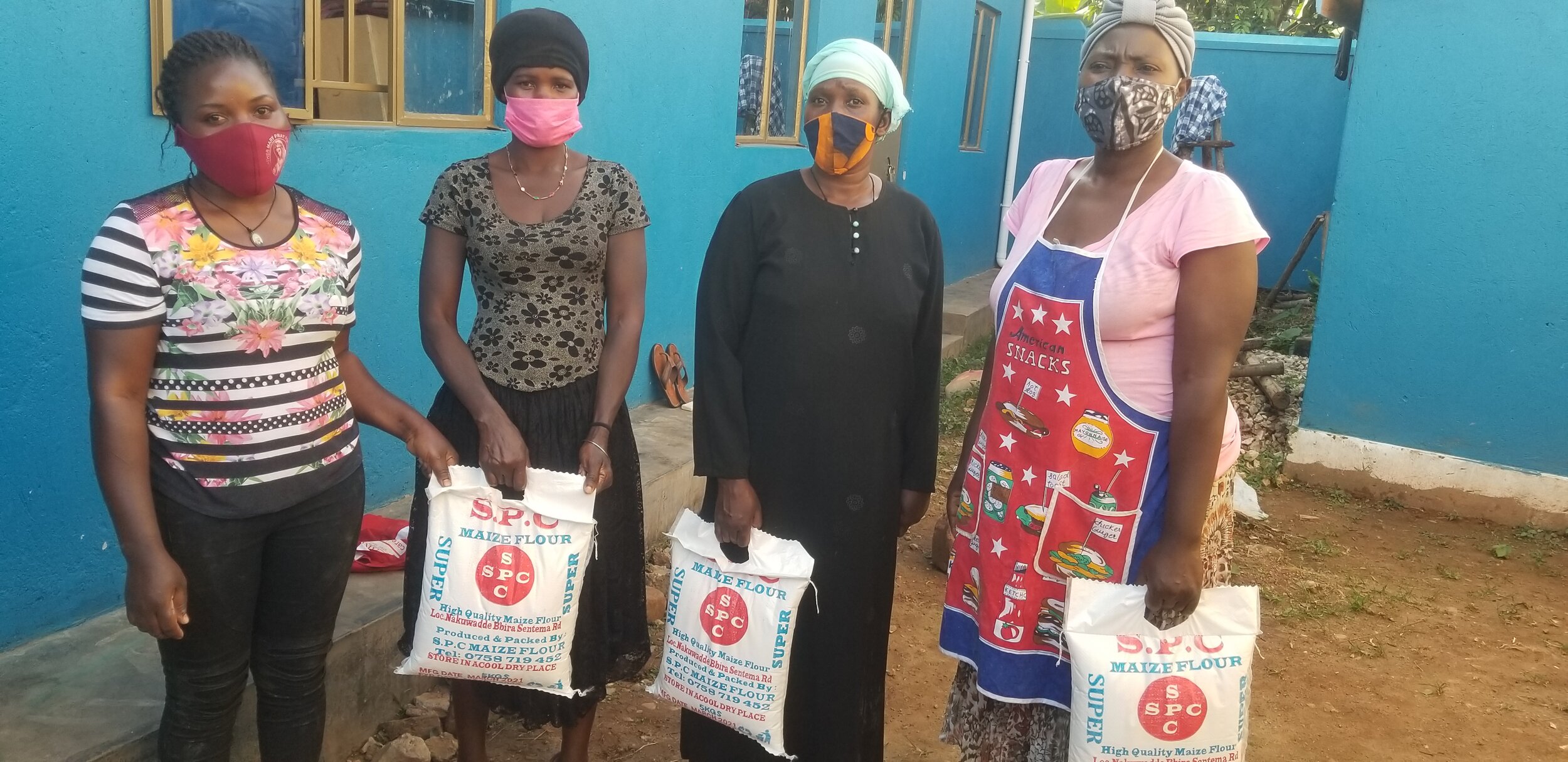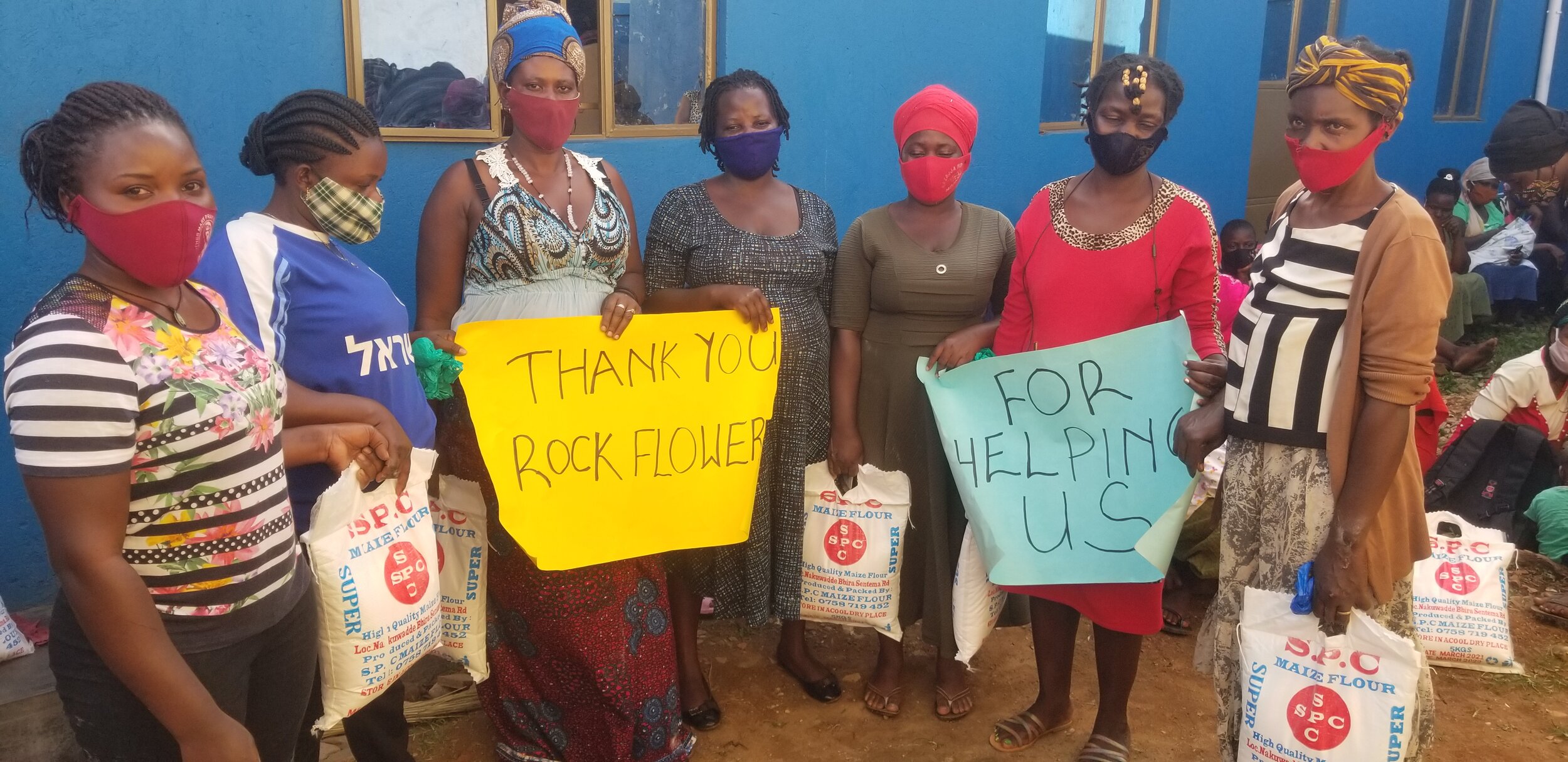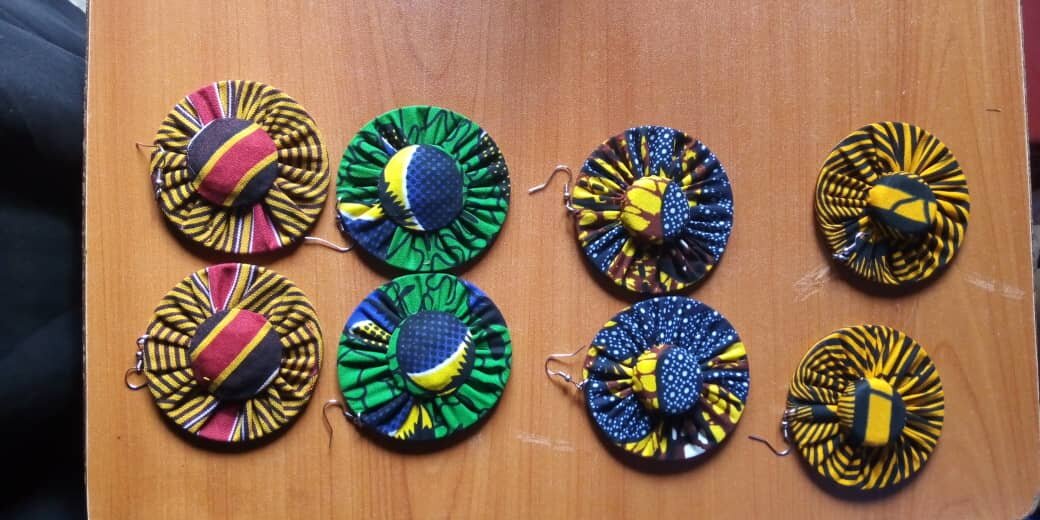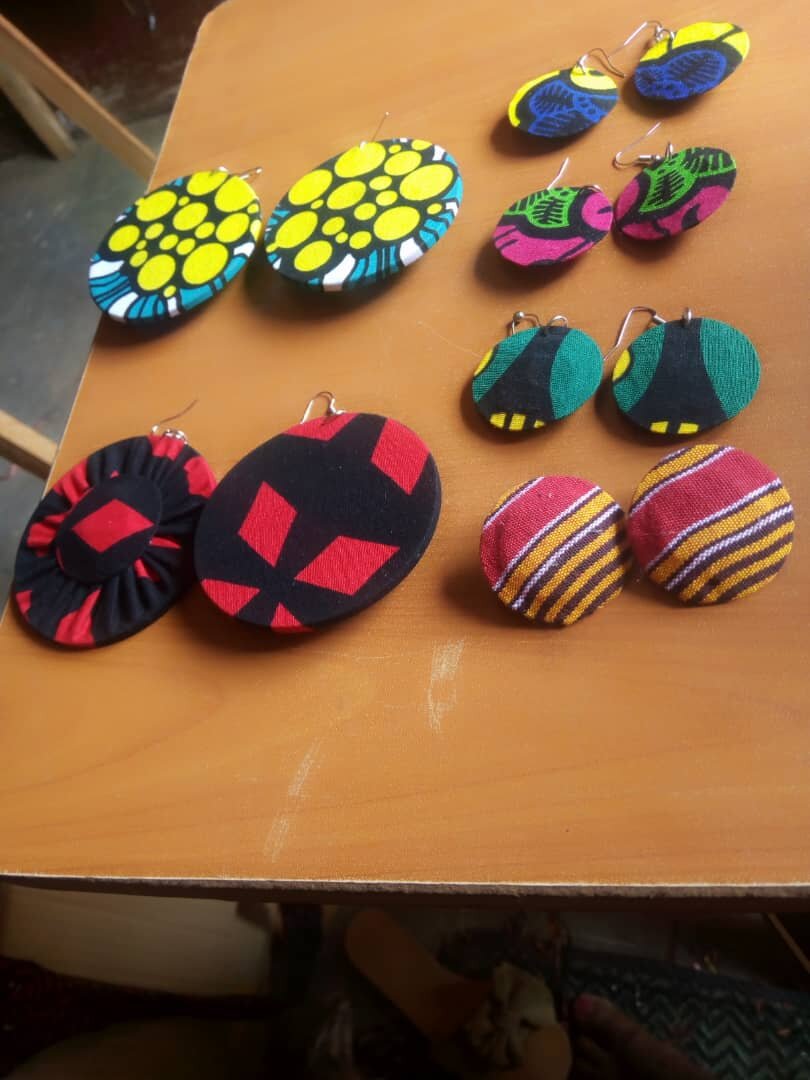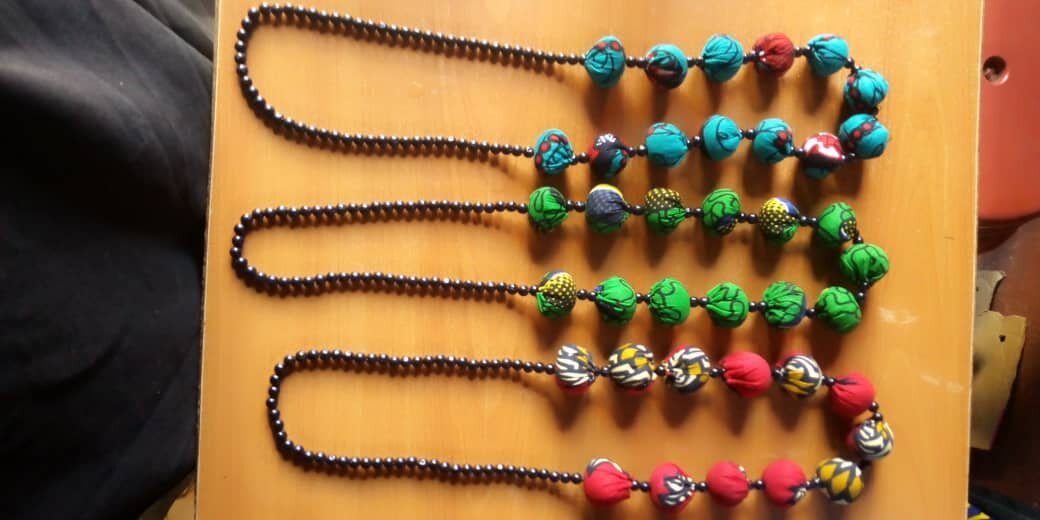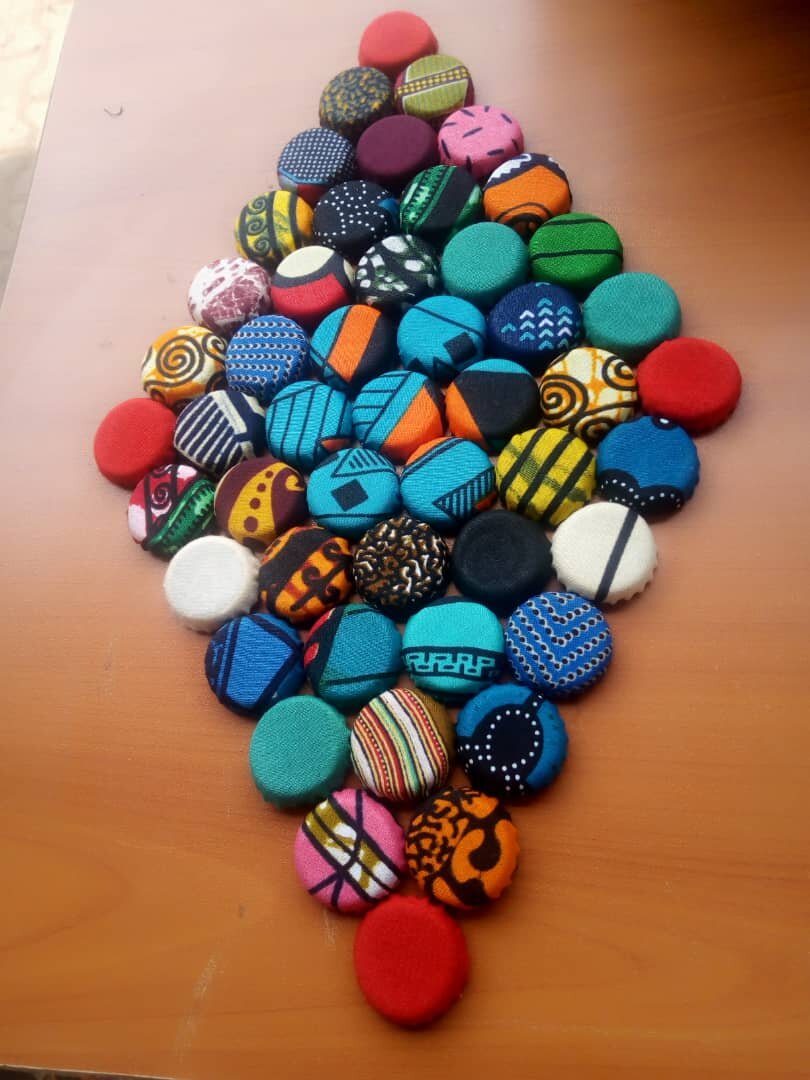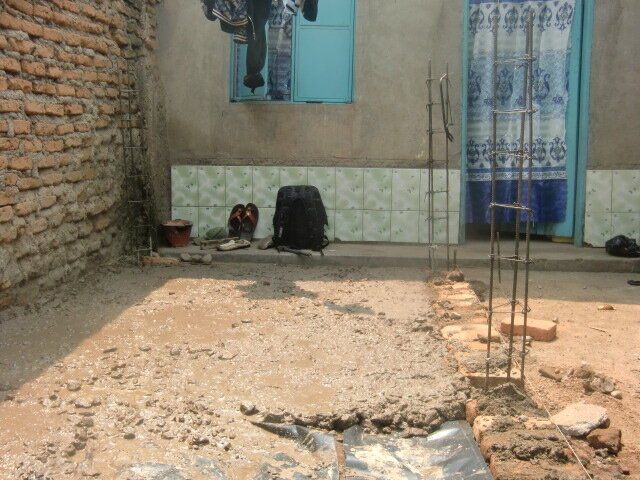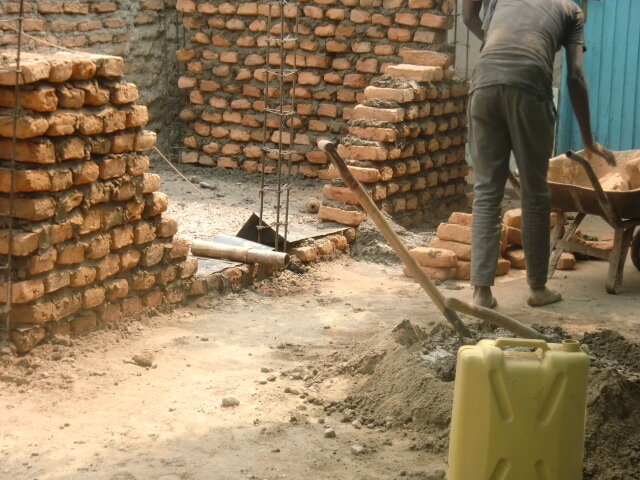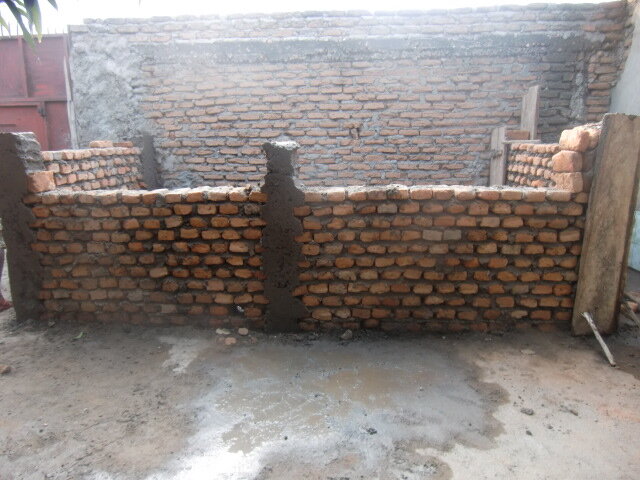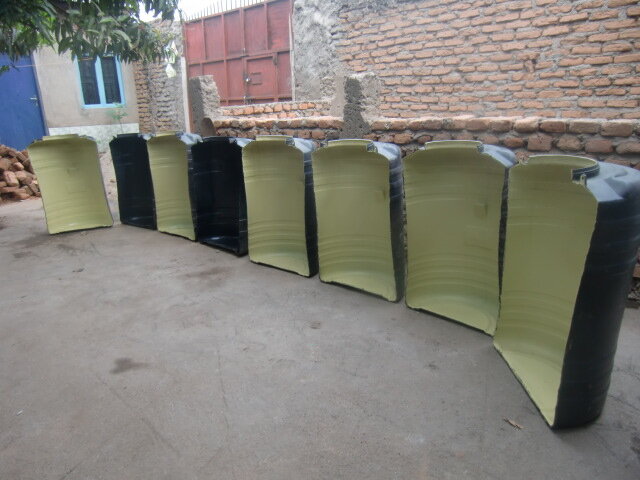Families and local leaders gathered for an engagement workshop to help end child marriage.
In Maliba Sub-County, Kasese district, a transformative movement is underway. The Rise Up Girl Campaign, led by Hope for Rural Women, is dedicated to ending child marriages and bolstering the rights and well-being of girls and young women through an integrated community approach. This campaign is not just about advocacy; it's about creating real change on the ground through empowering community members to be champions for change.
The campaign aims to deepen community awareness of the detrimental effects of child marriages on girls' education, health, and overall well-being. By engaging a diverse group of stakeholders—including local leaders, parents with disabilities, and the girls themselves—the campaign fosters a robust dialogue that challenges deep-seated cultural norms and economic conditions that have historically perpetuated these issues.
One key focus is advocating for crucial policy changes and stronger enforcement measures to prevent child marriages, conducted through targeted workshop training at the local level. The campaign has already educated 71 local leaders and parents, both disabled and able-bodied, equipping them with the skills and knowledge needed to drive change within their communities and move the needle toward ending child marriage in Maliba Sub-County.
These efforts are underscored by a series of intercultural engagement training workshops where participants, including elders and parents, are educated on becoming proactive advocates for policy reform and shifting social norms to protect young girls. This proactive stance is essential for creating a sustainable environment where girls can truly thrive.
The Rise Up Girl Campaign also recommends practical solutions like comprehensive sexual health education, life skills training, and economic empowerment initiatives specifically tailored for girls. This holistic approach ensures that parents, especially those facing disabilities and economic hardships, are also supported to provide adequately for their daughters, reducing the risk of child marriages due to financial desperation.
As this campaign gains momentum, it promises not only to reduce the incidence of child marriages and sexual violence but also to foster a generational shift. The girls and women involved in the program are envisioned to become influential leaders and advocates, promoting a culture of respect, equality, and human rights in Maliba Sub-County and beyond. With continued support and expanded workshops, the campaign aims to create wide scale change for young girls on an individual, local, and policy basis.

